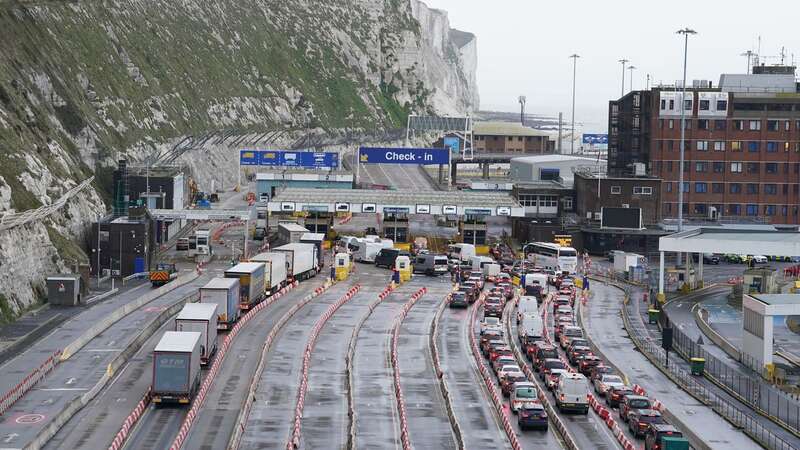
New post-Brexit border checks have begun sparking fears they will lead to higher food prices and less choice for Brit shoppers.
Food suppliers have wanred the Border Target Operating Model (BTOM) will increase food prices, reduce consumer choice, and leave businesses having to deal with "impractical" demands. Under the new scheme, animal and plant products from the EU deemed “medium-risk” or higher will face physical, documentary and identity checks at the Port of Dover and the Eurotunnel.
Importers are looking at a fee of up to £145 to get these goods into the UK, a charge meant to offset the costs of new border control posts introduced post-Brexit. Earlier this month, the Cold Chain Federation was pressing the Government to put off these checks again.
The federation's chief executive, Phil Pluck, said that BTOM is "a broken model". He warned: "Without listening to the experts, the Government will seriously damage business confidence in the UK and add costs to consumers' weekly shop." Despite the opposition, the Government insists the checks will only increase food prices by 0.2% over three years.
Farming minister Sir Mark Spencer told MPs on Monday that's "a small price to pay for making sure that we are safe and protected", especially when you weigh it against the £12billion bill an outbreak of foot and mouth disease would cost. However, Stella Creasy, Labour MP, warned the House of Commons that the impact on customers could potentially be much higher.
 Britain faces the worst recession among G7 partners, economists predict
Britain faces the worst recession among G7 partners, economists predict
She dubbed the measures a " Brexit border tax" and predicted it could tack an additional £8 onto monthly food bills. Government Ministry figures maintain that inspections are crucial to guarding against diseases like African Swine Fever, common in parts of Europe.
Cabinet Office minister Baroness Neville-Rolfe defended the decision, stating: "It is essential that we introduce these global, risk-based checks to improve the UK's biosecurity. We cannot continue with temporary measures which leave the UK open to threats from diseases and could do considerable damage to our livelihoods, our economy and our farming industry."
"We have listened to all parts of industry every step of the way and will continue to support them to implement these changes as smoothly as possible."
The Port of Dover has confirmed that the new examinations won't create extra hold-ups at the port itself, explaining they'll be conducted at a separate facility in Sevington, near Ashford. The Government revealed two pilot schemes on Tuesday, aimed at exploring if checks could be performed away from border posts and whether innovative tech could minimise necessary inspections.
Read more similar news:
Comments:
comments powered by Disqus

































